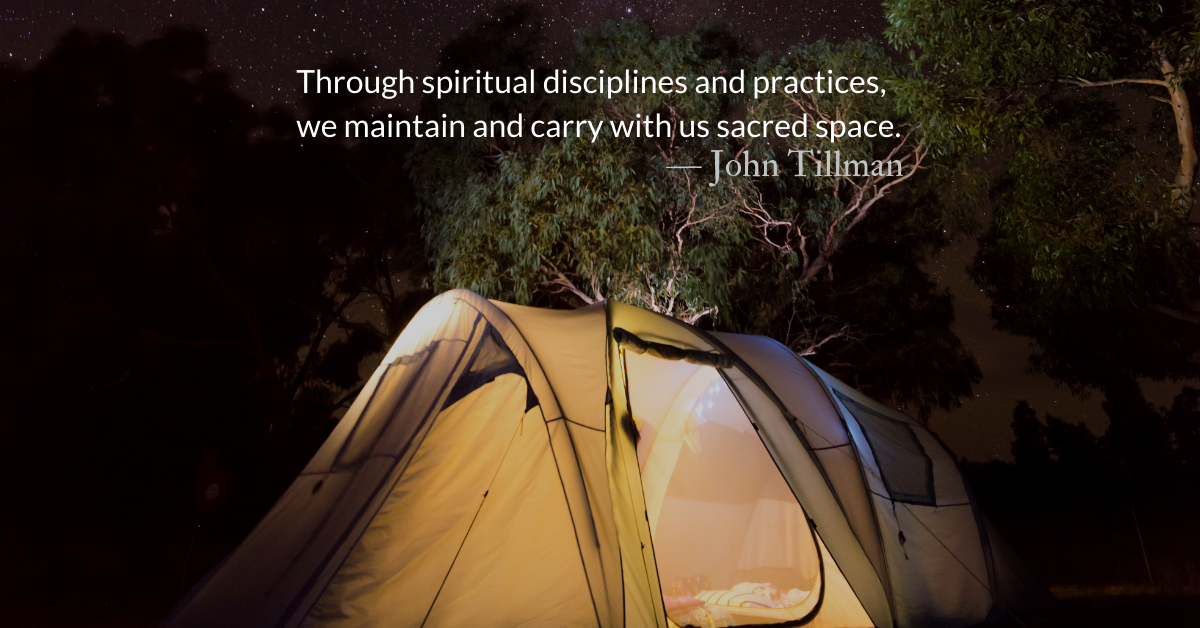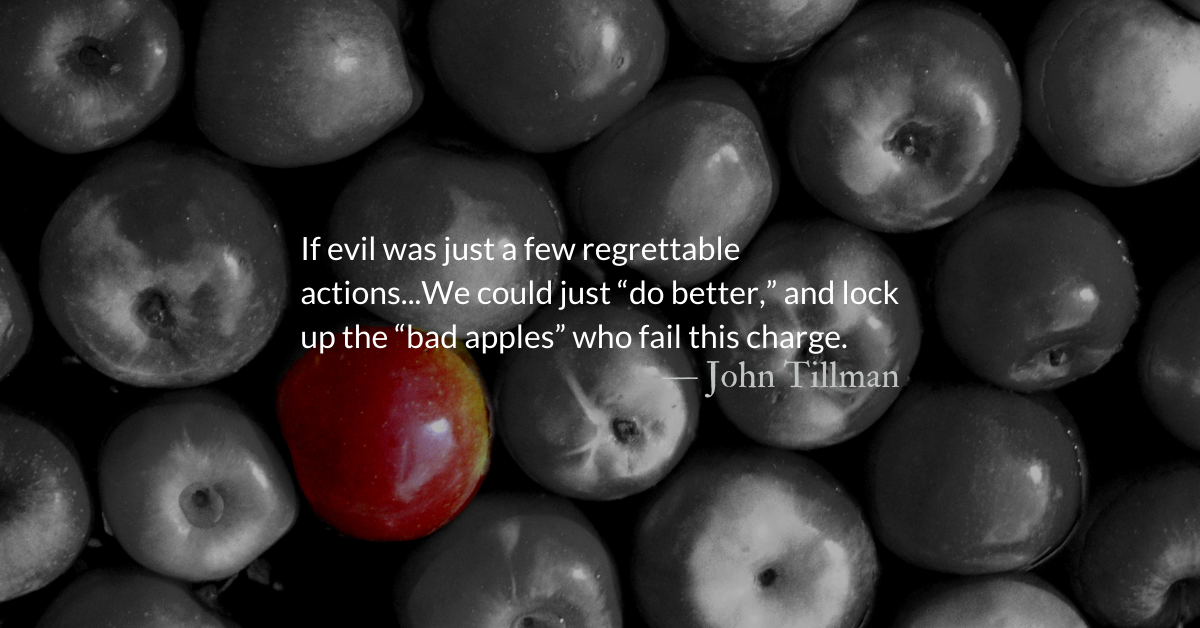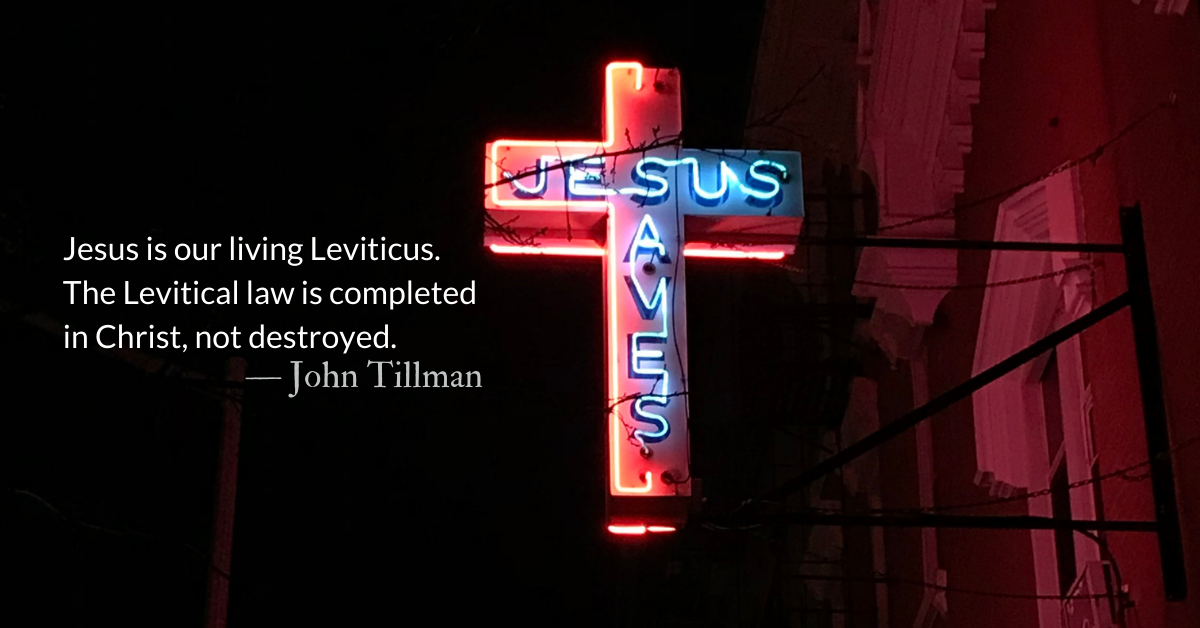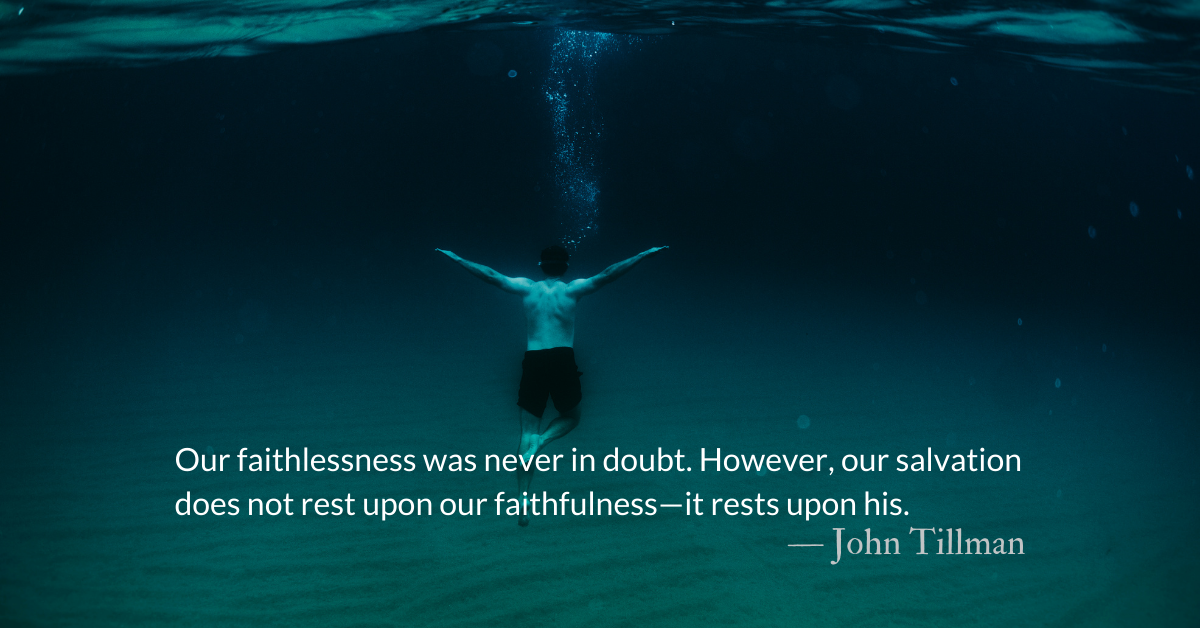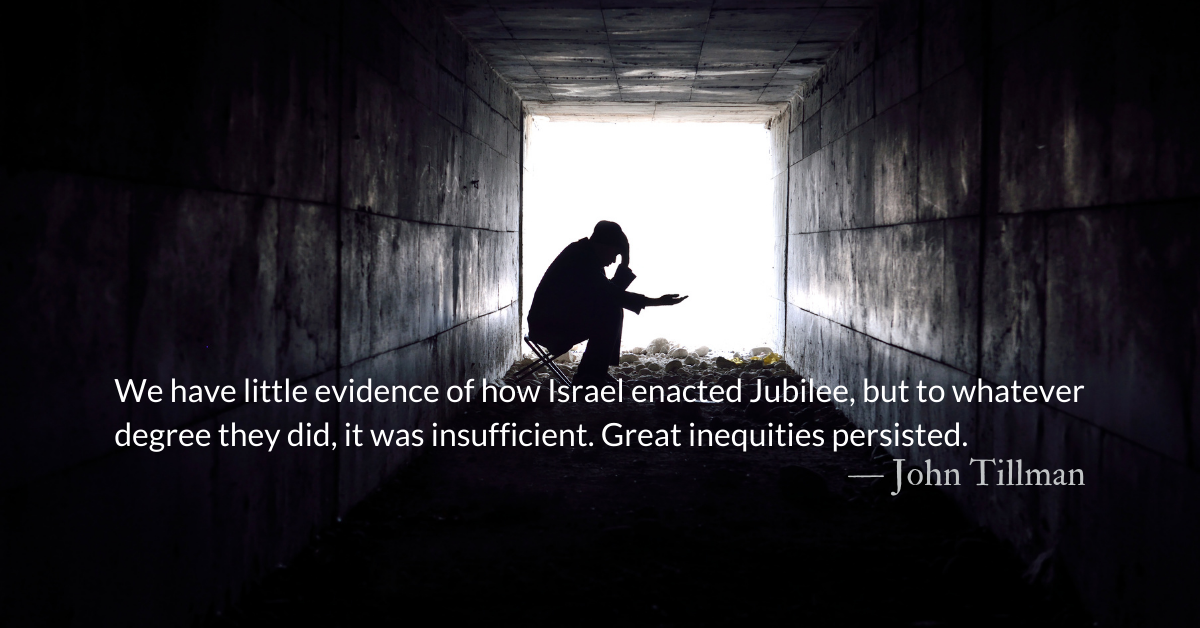Scripture Focus: Numbers 4.47-49
47 All the men from thirty to fifty years of age who came to do the work of serving and carrying the tent of meeting 48 numbered 8,580. 49 At the Lord’s command through Moses, each was assigned his work and told what to carry.
Reflection: Maintaining Sacred Space
By John Tillman
All across the United States, and in places around the world, God’s people worship in rented or temporary spaces. They worship under the open sky. They worship in tents. They worship in rented theaters, schools, or hotel conference rooms. They worship in private residences.
Church workers and volunteers in these mobile churches can uniquely identify with the tasks described in preparing the Tabernacle to move to a new place. The tools and equipment related to each other are packed up together. You’ll never have to go looking for batteries for the lapel microphones, because they are packed in the storage tub with the microphones. You’ll never have to look for a mallet to stake down a welcome tent, because it is packed in with the stakes and the tent.
This labor may seem at first to be all a matter of having a strong back, stout limbs, and a careful checklist. However, like the work done by the tribes who packed and carried the Tabernacle, this work is holy work which makes holy space for people to encounter a holy God.
The Tabernacle is made after the pattern of the heavenly Temple which Moses sees on the mountain. It is filled with artwork representing it as an artificial Garden of Eden where God once again meets with humans. Making sacred space where humans and God can interact is a priestly duty. It is also one each believer bears today.
Our bodies are our “tents” into which we invite the Holy Spirit of God, promised to us by Jesus. They are temporary, holy vessels in which we are united in Christ and united to God. Peter calls the church a Temple of living stones. Paul calls us members of the body of Christ.
Through spiritual disciplines and practices, we maintain and carry with us sacred space. Prayer, Bible reading, meditation, intercession, are our tabernacle walls, frames, and sacred tools. We can access this sacred space wherever we go. In our priestly role, we can invite others into this sacred space as well, allowing them to encounter and experience God through us.
How are you preparing to make sacred space for yourself? In your schedule? In your home? In your work life?
How are you preparing to make sacred space for others, inviting them to encounter God through you?
Divine Hours Prayer: A Reading
Jesus said: “In all truth I tell you, whoever welcomes the one I send, welcomes me, and whoever welcomes me, welcomes the one who sent me.” — John 13.20
– Divine Hours prayers from The Divine Hours: Prayers for Springtime by Phyllis Tickle
Today’s Readings
Numbers 4 (Listen – 6:11)
Psalms 38 (Listen – 2:14)
Read more about Christ our Temple, River, and City
Christ himself is our temple. He is the gate, the doorway, through which we enter to worship.
Read more about Intimidating, Liberating Glory
We have the accounts of those who touched with their hands and saw with their eyes the tender, loving, human tabernacle of Jesus.

